Wave Optics Blog Posts
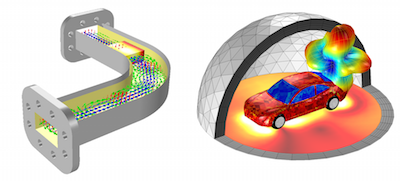
Simulation Tools for Solving Wave Electromagnetics Problems
Take a look at the various modeling, meshing, solving, and postprocessing options available for solving wave electromagnetics problems in COMSOL Multiphysics®.
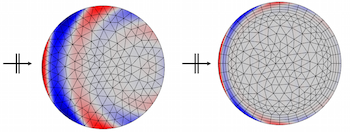
Modeling of Materials in Wave Electromagnetics Problems
Get an introduction to the various material models that are relevant to modeling wave electromagnetics problems in COMSOL Multiphysics®.
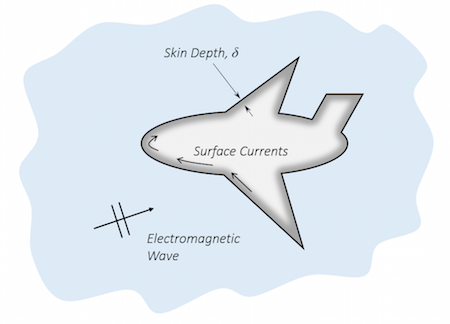
Modeling Metallic Objects in Wave Electromagnetics Problems
What is a metal, anyway? These materials are highly conductive and very good at reflecting incident electromagnetic waves, including light, microwaves, and radio waves.
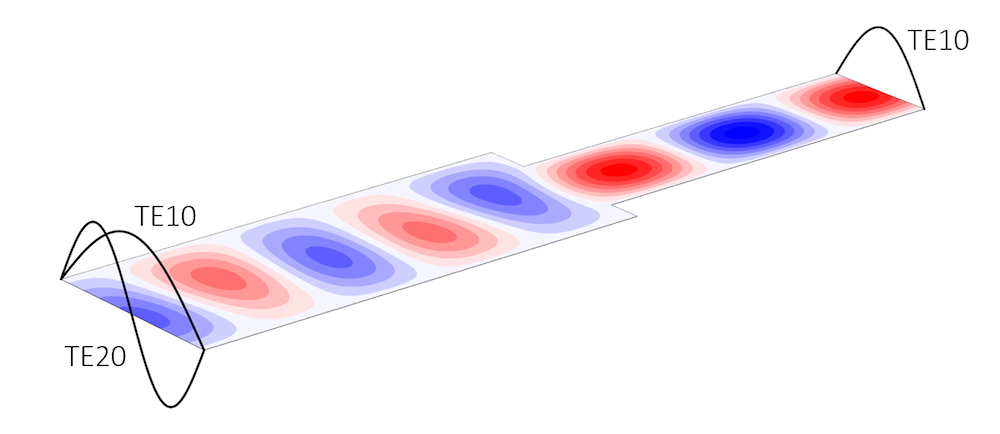
Ports and Lumped Ports for Wave Electromagnetics Problems
The Lumped Port boundary condition can be used to model boundaries through which a propagating electromagnetic wave will pass without reflection. Learn how to use this feature in your EM models.
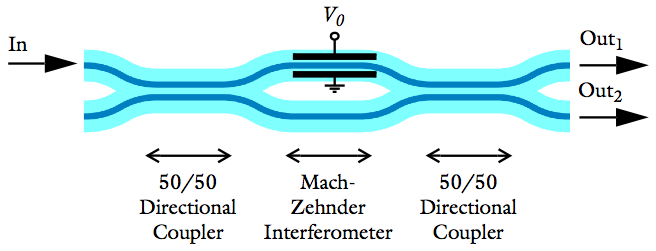
Optimizing Mach-Zehnder Modulator Designs with COMSOL Software
3 design requirements for a Mach–Zehnder modulator: It must produce low loss, give a 50/50 split of power through the 2 output arms, and be used as a spatial switch. See how simulation can help.
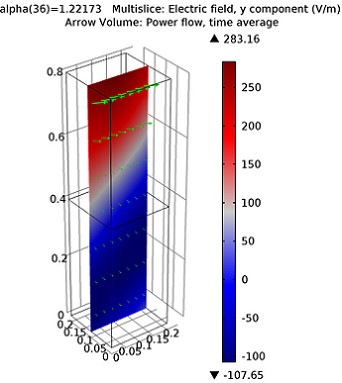
Benchmark Model Results Agree with Fresnel Equations
Bright idea: When a ray of light (an electromagnetic wave) propagating through free space hits a dielectric medium, part of the light will be transmitted and part will be reflected.
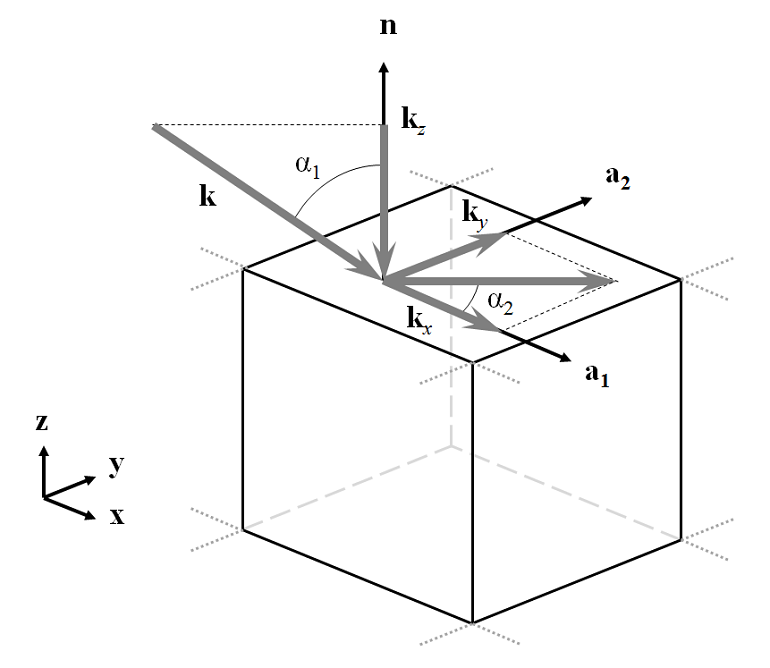
Modeling Electromagnetic Waves and Periodic Structures
Oftentimes, it is of interest to model an EM wave (light, microwaves) incident upon periodic structures, such as diffraction gratings, metamaterials, and frequency selective surfaces.
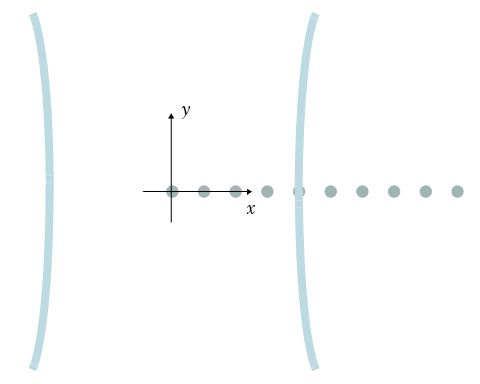
Gaussian Beam Striking an Array of Nanorods
A Gaussian beam that is striking an array of nanorods is an example of optical scattering. Consider metallic nanorods that are very close together and have a diameter much smaller than the wavelength of a Gaussian beam that falls upon them. If the beam were to be polarized along the rods, they would act as though they were not actually individual rods, but a sheet of metal. The array is nearly transparent to the wave when it is polarized perpendicular […]
